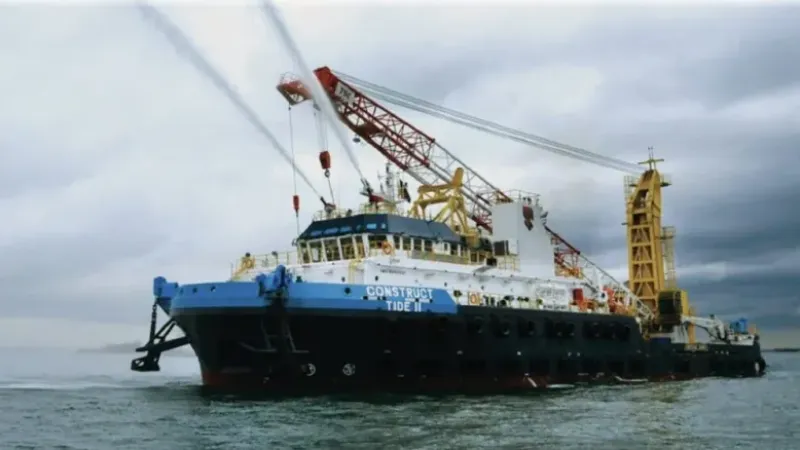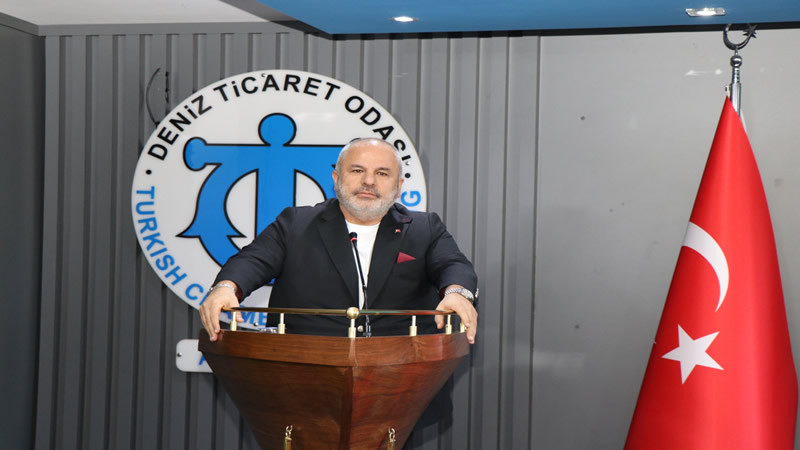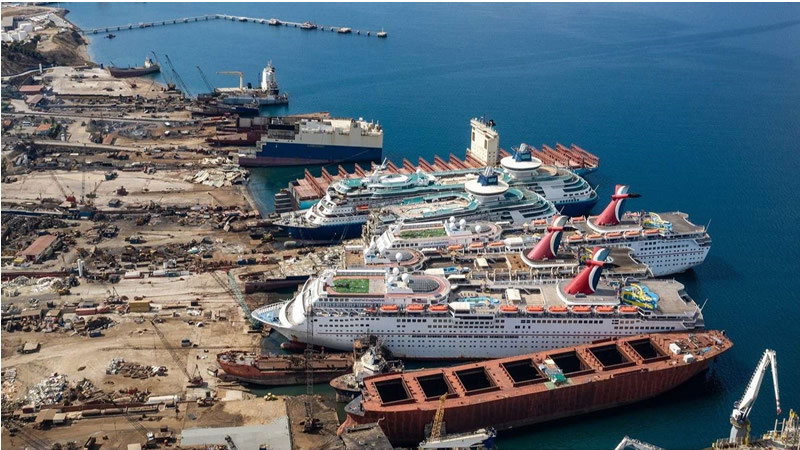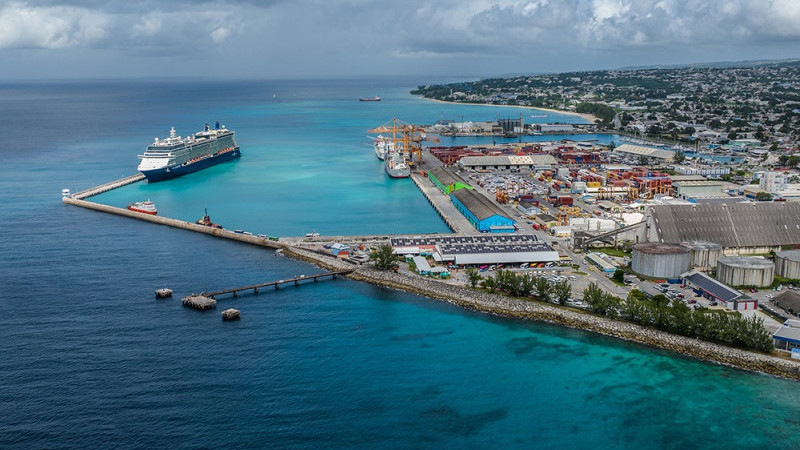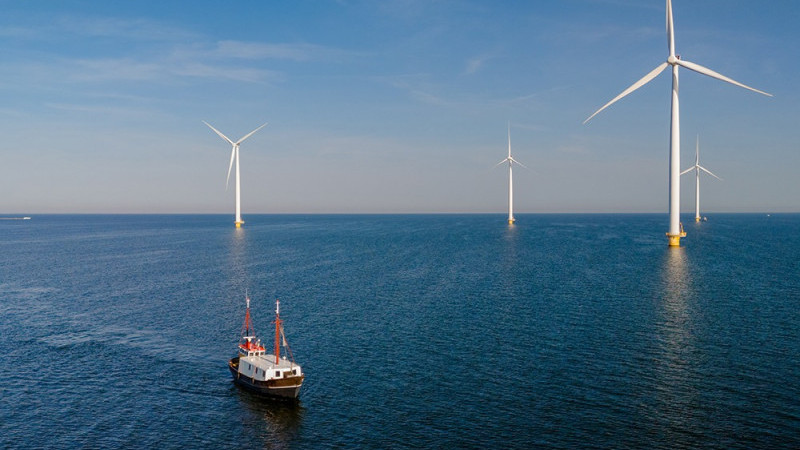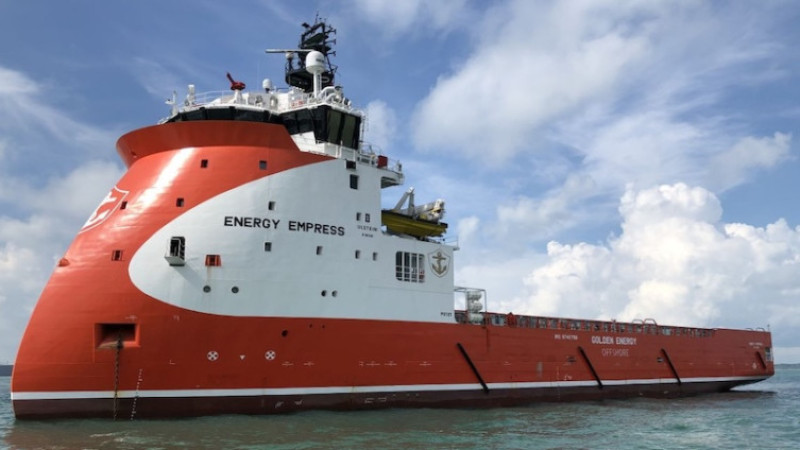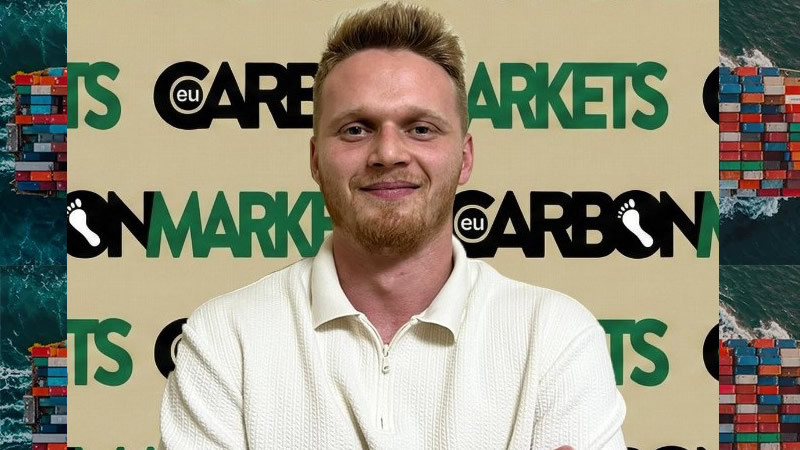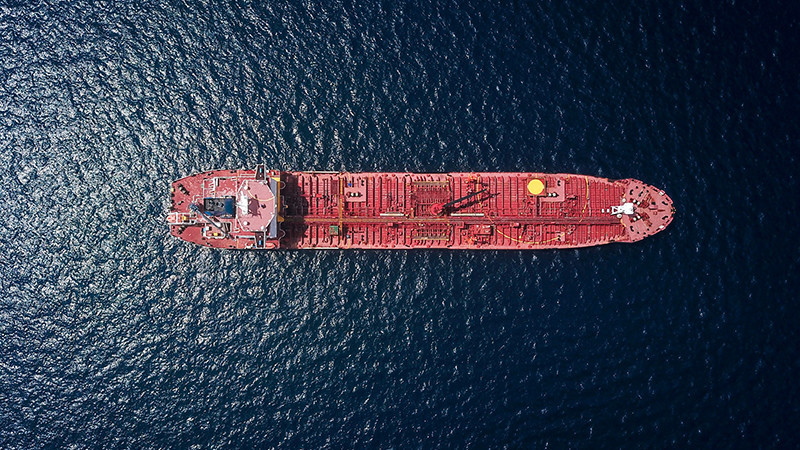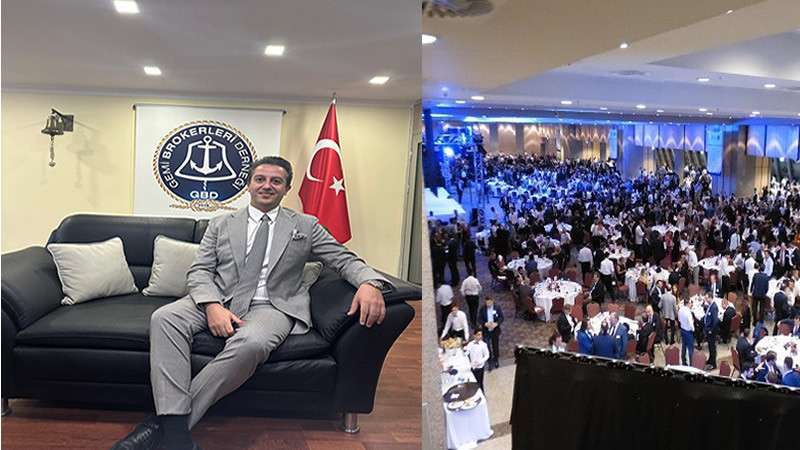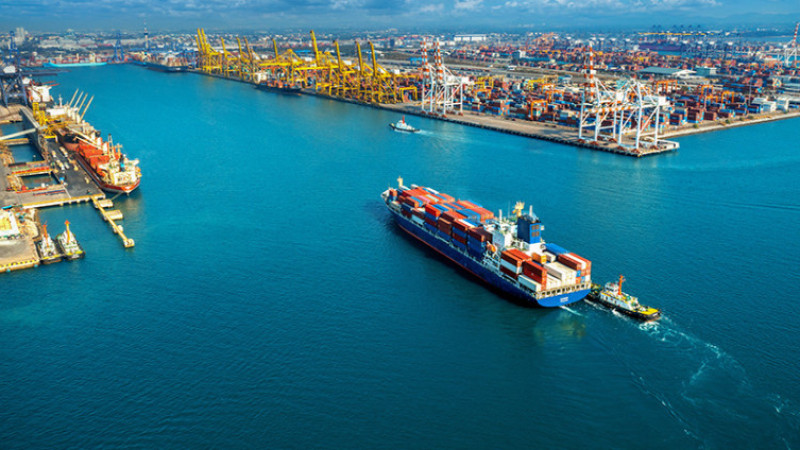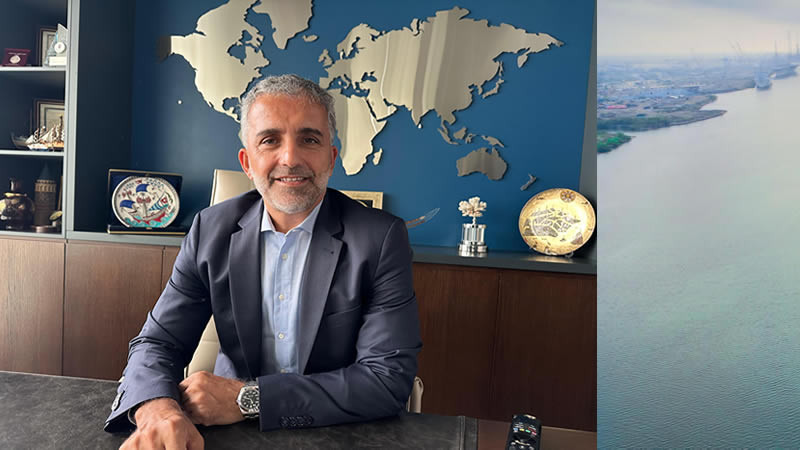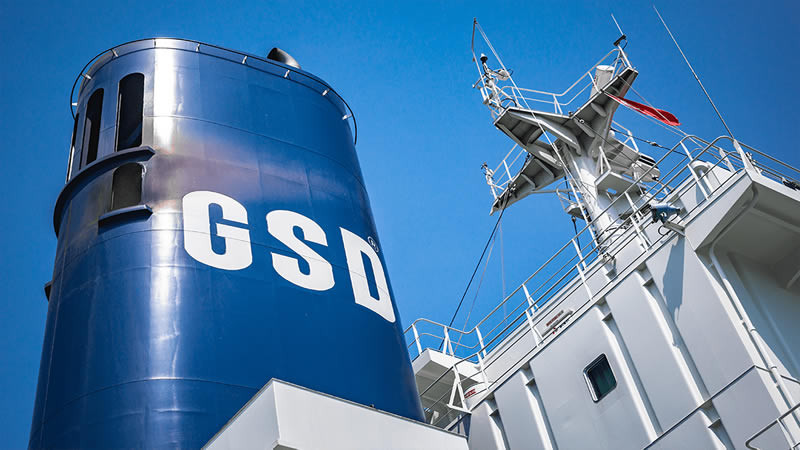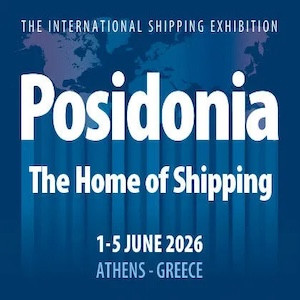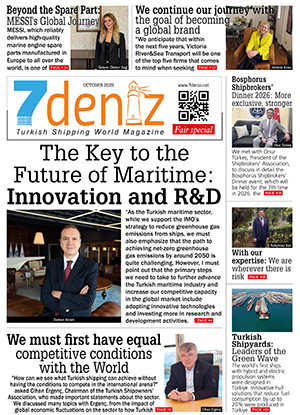The Marshall Islands Flag offers confidence and prestige to the shipowner
Stating that a Marshall Islands flagged ship has an advantageous position in the world waters in terms of status.
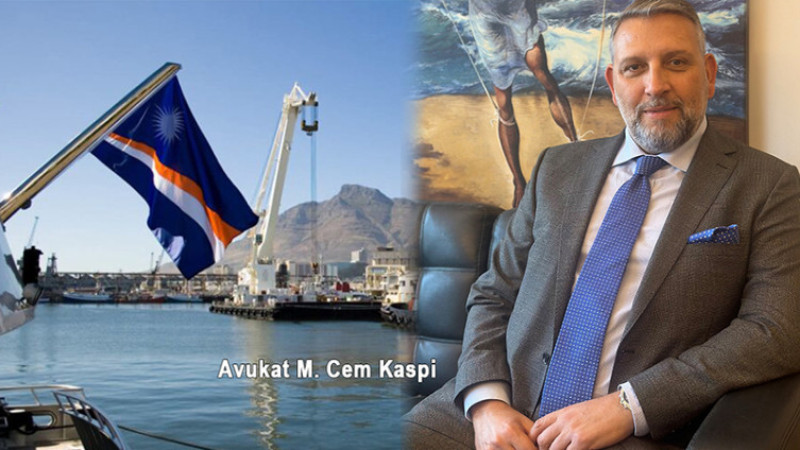
Stating that a Marshall Islands flagged ship has an advantageous position in the world waters in terms of status, reputation and trust, we talked to Attorney M. Cem Kaspi, Senior Partner of AKT Law Firm, about the services they provide as a law firm and their cooperation with the Marshall Islands Flag.
Can you tell us about AKT Law Office and your team?
As AKT Law Office, in a sense, it can be said that we grew together with the Marshall Flag. In 2000, after establishing the office, we had other partners. However, 13 years ago, when we decided to grow and take on a more corporate structure, we created the current structure. In general, we operate in all areas of commercial law, but international trade, maritime and insurance law are the areas we are mainly interested in.
We have about 20 lawyers and interns. We have recently created a departmental structure where everyone specializes in their own field. The office is actually divided into two. On one side, we have dispute resolution, where we can talk about all kinds of litigation, and on the other side we have contracts and other work. On the contracts side, there are ship purchase and sale contracts, ship building and repair contracts, loan and similar contracts. We also have a separate department for maritime law in one part of the office. We are one of the most important law firms in Turkey with its competent and specialized staff.
Maritime and law are two fields without national borders
As a team, we follow the world. We definitely attend industry conferences abroad. We endeavor to participate in all kinds of maritime-related events as much as possible. We participate not only in maritime matters, but also in arbitration matters. I also serve on the Board of Directors of the Istanbul Arbitration Association. Since I mostly work on arbitration, litigation and dispute resolution, I attend conferences abroad 4-5 times a year with my colleagues in the office. In this way, we have the chance to follow the sector and the agenda closely. Of course, we closely follow the developments in our country. A new enforcement law is being prepared and we hear that there will be a separate maritime enforcement law section in this text. In my opinion, of course, this was an important deficiency. For this reason, it is a good development for the sector. In some of the conferences I attend on maritime law in Turkey, I see maritime specialized court judges alongside academics and lawyers. This is a very good situation. I think it is a matter desired by everyone that those judges follow the current developments, because we are happy that judges within the legal system participate in these events and closely follow the current developments and are intertwined with the sectors.
As a country, how do you evaluate the lack of judges and prosecutors trained in the maritime field?
Of course, it is necessary to have judges who are trained and specialized in the maritime field. In maritime developed countries, there are lawyers working for the state who are in constant contact with the sector in terms of information. By using experienced judges and prosecutors who are specially trained and experienced in the maritime sector in the relevant cases, the state can contribute to the fairness and speed of the process. Although the problem of specialized judges has been solved to a certain extent in courts in some big cities, there are problems in smaller settlements due to the lack of specialization.
Likewise, in the maritime field, where the vast majority of cases are international in nature, foreign language is a problem. Sometimes there are situations where time is of the essence and you need to make a quick decision. For example, in precautionary attachment applications, the translations of the documents must be completed in time for the ship to sail. In advanced maritime countries such as the UK, the Netherlands and similar foreign countries, such a problem does not arise. In these countries, judges can immediately examine the documents submitted by the plaintiff and issue a decision of acceptance or rejection within two hours. In our law, the document has to be in Turkish because the judge has to examine the document and make a decision. We do not have the same problem in every port, but there are places and situations. This is a little bit about loving the sea and maritime. If you have no interest, if you have no enthusiasm for that field, every job is difficult. 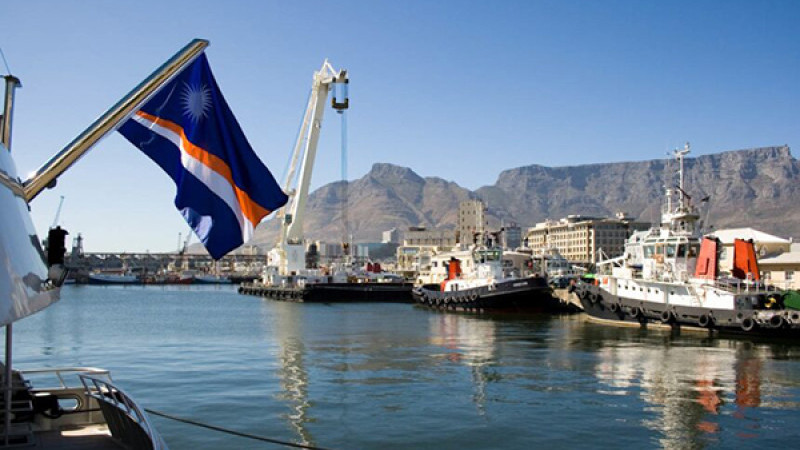 Can you tell us about an interesting event that happened to you?
Can you tell us about an interesting event that happened to you?
We had a very interesting case. The decision is finalized, so I can tell you about it. In fact, we examined it as a sample case in a training I recently attended. We were representing the workers' receivables in a lawsuit regarding the workers' receivables of people working as crew members on a ship. The "Ship's Claim Right", which is a technical term under both international agreements and Turkish law, is a legal pledge right and precedes the mortgage right in the enforcement practice and is subject to a one-year period of forfeiture. In the legal opinion submitted to the file by the bank, the bank confirmed the mortgage creditor bank's claim that the one-year period starts when the seafarer leaves the ship - whether the ship comes back to Turkey or not - and that the priority right will lapse at the end of one year from this date. Our claim was centered on the point that the time period would not run as it would not be possible to exercise this right in practice when the ship was not in Turkey. The court of first instance ruled in favor of the bank (that the period would continue to run even if the ship was not in Turkey). Upon this decision, our application to the Court of Appeal was accepted and it was decided that the aforementioned decision should be annulled and since the ship creditor right (subject to this case) cannot be exercised when the ship is outside Turkish territorial waters, the "forfeiture period" will not run during this period, in other words, the priority rights of the workers will continue. This decision was upheld by the Court of Cassation and finalized. This decision is extremely important for the loans extended by banks to ships. This is because, in terms of ship mortgages, which are the collateral of these loans, some legal pledge rights, which have priority over the mortgage right, result in the interruption of the one-year period of forfeiture and spread over a much longer period of time. This, in turn, raises concerns that the mortgages of the banks lending to ships worldwide may be relegated to a later rank under these circumstances. As a matter of fact, it is inevitable that this decision will have repercussions abroad.
Let's talk a little bit about AKT Law Office's collaboration with the Marshall Islands Flag...
It has been 15 years since we started cooperating with the Marshall Islands. My brother, Attorney Rona Kaspi, who is also the Senior Partner of AKT, had very good relations with the Marshall Islands Office in Greece. They were very close to the Managing Director of the European Region at that time and they foresaw very well the growth potential of Turkish shipowners and they wanted to enter the Turkish market. We opened our doors to them and made it clear that we would provide all kinds of support to contribute to the development of the sector. They trusted us and appointed us as their special representative. This is how we started our office. In the meantime, the Marshall Islands flag, which was developing very rapidly all over the world, started to catch the same momentum in Turkey from that day on. They made great progress in terms of tonnage and quantity. When the business grew so much, they needed to establish a separate specialized team in Turkey and opened their own office. They continued to grow further and today they are among the 5 flags in the world. They work with a staff that can intervene in any incident anywhere in the world, from America to Australia, Hong Kong to Africa.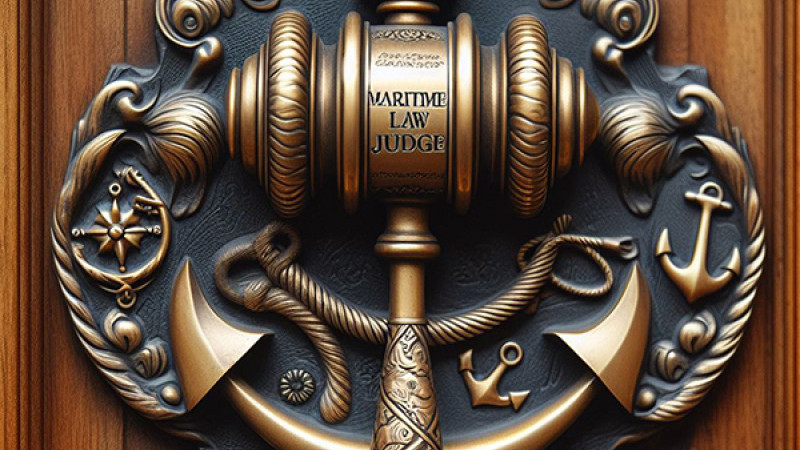
How did the members of the industry react to the Marshall Islands flag?
The Marshall Islands flag has White Flag status. Ships flying the white-listed flag are of course treated very differently when they enter port. The Registry of the Republic of the Marshall Islands had a very successful year in 2023. It continued to focus entirely on customer service, fleet quality and safety. The team's success was maximized because it stayed focused on these core elements of the registry. Globally, it received the best ever ranking from Port State Control (PSC) authorities worldwide, both by earning the best ever ranking under the Paris Memorandum of Understanding (Paris MoU), by maintaining status in the United States Coast Guard's Qualship 21 program for 19 consecutive years, by being one of the best performing flags in the Tokyo MoU, and also by being able to improve its position with the Australian Maritime Safety Administration (AMSA). All of these achievements bring great credibility with Port States and make it easier for Marshall flag vessels to enter and exit ports. This is one of the decisive factors for shipowners to choose the Marshall flag.
Finally, you are a senior and experienced lawyer, what would you recommend to young people who are candidates to become lawyers?
First of all, while they are studying at university, they should work in a job related to the field they are studying, and if not, they should work in any job, even if it is unrelated. I think that one of the indispensable things is to learn mathematics very well. No matter what job you do, you need to do your math very well. I also think that learning a language is extremely important in today's world where the world is small and especially in the future. I have seen from experience that you never know when, where and for whom you will need a foreign language. As a matter of fact, after graduating from high school, I thought that the foreign languages I knew would not be useful to me with the foresight that I would work as a lawyer in Turkey throughout my university life, but years later, when I established my own office, I started to use them constantly both in the relations of Turkish clients with foreigners and in the business of foreign clients both in Turkey and abroad. I have spoken easily with my French client, I have spoken quickly with a company official in Africa, I have explained my problem, I have participated in cases there. Finally, what I would recommend is to do what they love or to love what they do...
Who is Lawyer Cem Kaspi?
Cem Kaspi graduated from Saint Joseph French High School and then from Istanbul University Faculty of Law. Kaspi started working for a lawyer while he was a student and did two other jobs in the meantime. One of them was translating for a translation agency and the other was meeting tourists at the airport for a tourism company. Saying that this intense work tempo has contributed a lot to him, Kaspi explains the establishment and development of AKT Law Firm as follows: I founded AKT in 2000 together with Lawyer Melih Aji. When we first founded it, it was called Aji Law Firm. Then my brother, Attorney Rona Kaspi, joined us as a partner. After that, we had a few more partners and today we have managed to become a globally recognized law firm specialized in its field.
TURK MARINEWS



